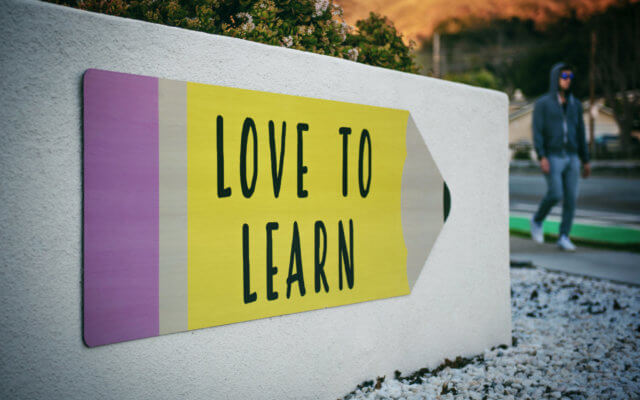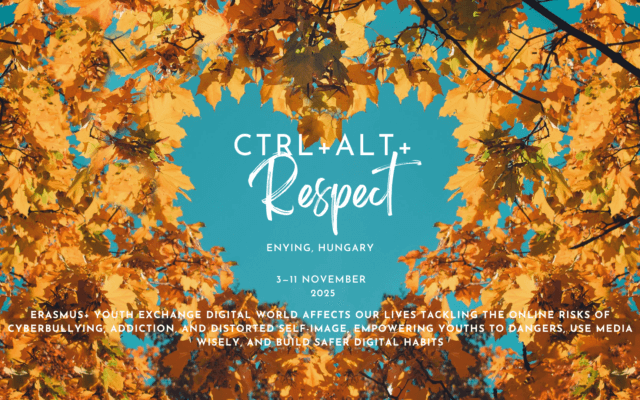Programme & action: ERASMUS+, Key Action 1: Contact Making Event
Venue: Amsterdam, the Netherlands
Dates: 2-9 December 2018
Participants: Tomáš Král, Vít Votroubek
Please read the info-pack
Hosting organisation: Wow Go Amsterdam
Participating countries: Bulgaria, Croatia, Cyprus, CR, Estonia, Greece, Italy, Lithuania, Poland, Portugal, Romania, Spain, Turkey
Project report:
I would like to introduce amazing training course called Pay It Forward through Youth Exchange. This project took part in north shore of Amsterdam city centre. By next paragraphs I will tell you more about this nice experience.
As the name Pay it forward through Youth exchange already said, this course was focused on deepen problematic about writing project proposals of youth exchanges. The program was designed in order to wide awareness of youth-workers, to boost their knowledge and skills in the first phases of project management, mainly in formulation of goals and objectives of proposed projects.
At first day we were introducing each other through non-formal methods but still with insight from different point of view – I mean we look at non-formal education through reflective view, we tried to think of how participants can feel at possible future exchanges, what are they needs. We mentioned the aspect based on different perspectives, for instance, the activity which we could propose, can be for trainers very interesting but not for participants. Moreover, we experienced that at Crocodile Game if everybody had to stay at the stone otherwise stones would be taken out of stage. As at beginning it seamed that one of the teams must win, then we explored that we have to cooperate. That is the case, unfortunately from our childhood we are tough to compete among each other. Youth exchange should aim to the message of wider cooperation. We spoke also about the phenomenon of trust and active vs passive style of participation. First day was in general about ice breaking and getting to know each other. In that way our accommodation took part on this process very nicely. We were living in very special place, namely at the boat on the main river shore in Amsterdam. Thanks amazing ambient at this ship we were more close to each other.
The second day was dedicated for discussion about strategic topics and priorities of European Union. Concretely about Youth priorities, emphasis in year 2019 and aspects connected to May election to European Parliament. We were speaking about importance of target group, needs of youth, indicators, visibility, qualitative criteria. We mentioned as well so-called Ladder of participation to avoid usage of youngsters as only decoration and conversely to show how to include young people actively to the whole process. Regard to that, we went through different learning styles reflecting authority vs autonomy, as well as challenges vs abilities.
You can see the schedule was intense. At third day we were acquainted about iceberg model. Trainers alerted us about proper designing of each activity depending not too much on how appealing it is but also how much it is aiming at deep values hidden in iceberg under the water such as values desires, beliefs, norms, attitudes, etc. For example, the typical example of pathing on surface of iceberg were mentioned intercultural evenings that unfortunately many of them lead to even more stereotypes about countries. In presentation could be mentioned more the inner values and nuances that lead to some typical national habits in order to encourage deeper intercultural and reflective feelings as a prevention of prejudices. At the rest of day, we focused on defining the possible topics of our interests. We used so-called method of Waffle — the hexagonal paper divided on six triangles. It is very comprehensive tool that was used for brainstorming of our ideas. Afterward, each of us presented own keywords and then decided about topic of project.
The fourth day was about the testing our proposals. Meanwhile, we used team drawing activity to realize the microclimate in groups. Each of us held by one hand the same pencil and then started to draw. This exercise found some disbalances in group dynamic in order to form perfect project partnership. Through the model of Project Tree, we got more inside the definition of youth real needs. This part was very important, we have started to specify our projects. We got to know about proper project English language, multiplayer effect, actions overlap in communities.
At fifth day we learned about dissemination and exploitation of results, useful online tools for visibility. The last day, we spoke about methods for evaluation and feedback. Trainers explained assessment tool and method of sandwich feedback.
Overall during this very productive week we managed to get deeply to the kitchen of writing projects, to broad awareness about aims and objectives of youth exchange in perspective of our local communities with specific needs.
Vít Votroubek


